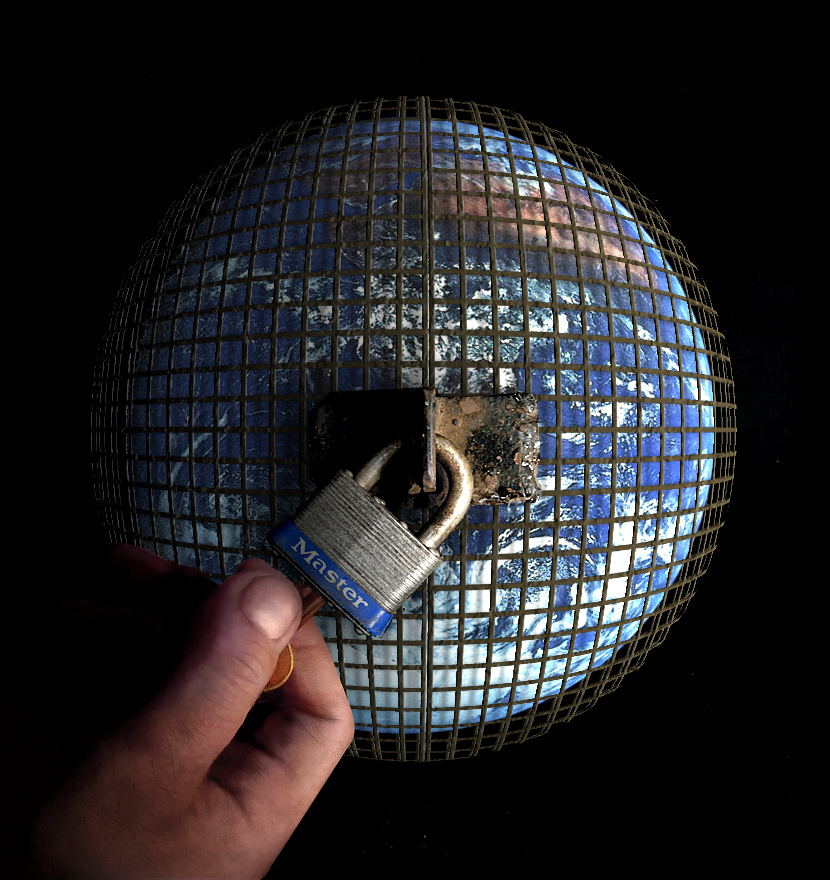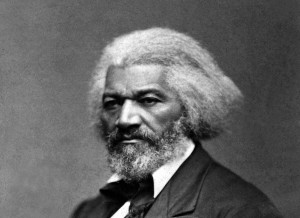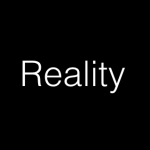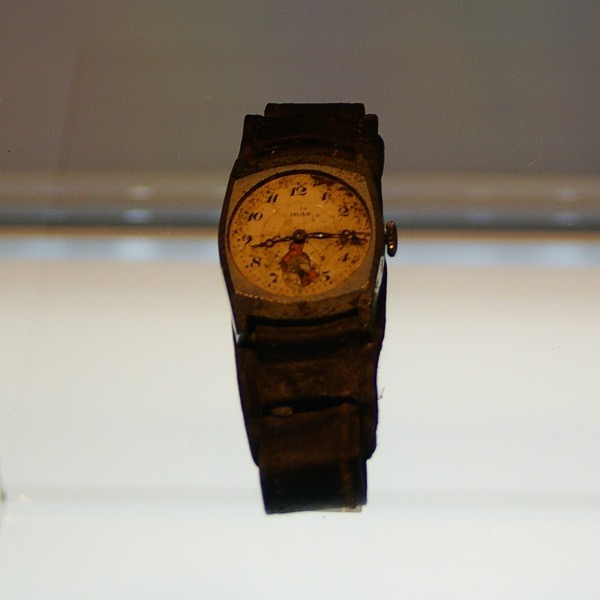
It’s [not] a free planet
“It’s a free country.”
In an age of anxiety you don’t hear people say it so much. And you certainly won’t hear anyone say “It’s a free planet”. For some people it’s getting less free all the time.
The retreat in planetary freedom is measured in the rise of terms such as “border security” and the real and virtual fences are going up on the borders of the world.
The barriers going up not just at the borders – within countries and beyond them mechanisms to keep ‘them’ out are being reinforced all the time. The highest and most impassable barrier is the wall being built in our minds, so that it becomes more and more difficult to even see the possibility of a world where such barriers didn’t exist, or a world where being a fellow human being was always more important than being a ‘foreigner’. The walls in our minds are so high that we have forgotten that once the physical boundaries did not exist – that before World War I people moved freely.
In the 21st century, in the case of Europe the construction of barriers is extending far beyond national boundaries.
In their 2009/2010 annual report Migreurop, an NGO focussed on the rights of migrants in the context of the European Union, looked at the effect of the barriers being created far from Europe. They capture the situation in an Amnesty International report of the arrest of a man in Mauritania on suspicion of the intent of migrating. The suspicion arose because he was wearing a Barcelona soccer team jersey.
In order to keep potential migrants from the shore, Europe has developed cooperation with countries in North Africa to ‘manage’ migrant flows. As controls further to the north displaced migration routes to Mauritania, Europe extended measures there, resulting in 2006 in the creation of a detention centre in Nouadhibou. This is a border which extends 2000 kilometres from mainland Europe.
The effectiveness of development aid to this North African neighbour was in the period post 2008 measured not only in terms of poverty eradication, but also in terms of governance, a term which was now to include in its meaning, success in preventing ‘illegal’ migration flows. This is a strange way to provide development assistance, and a strange way to receive it.
The erosion in freedom was also underlined by the fact that these measures impinged on the traditional freedom of movement between African countries in the region that had existed prior to the European intervention. Migreurop describes conditions in the region where generally permissive regimes existed allowing people of the region to move relatively freely into Mauritania. Identity cards were sufficient for freedom of movement. Work permits were not required. These historical freedoms have been replaced with the highly policed and securitized measures with which we have become familiar.
Information Source:
Migreurop, European Borders Controls, Detention and Deportations
Image Source:
http://www.flickr.com/photos/azrainman/1003163361/in/photostream www.azrainman.com cc. image







